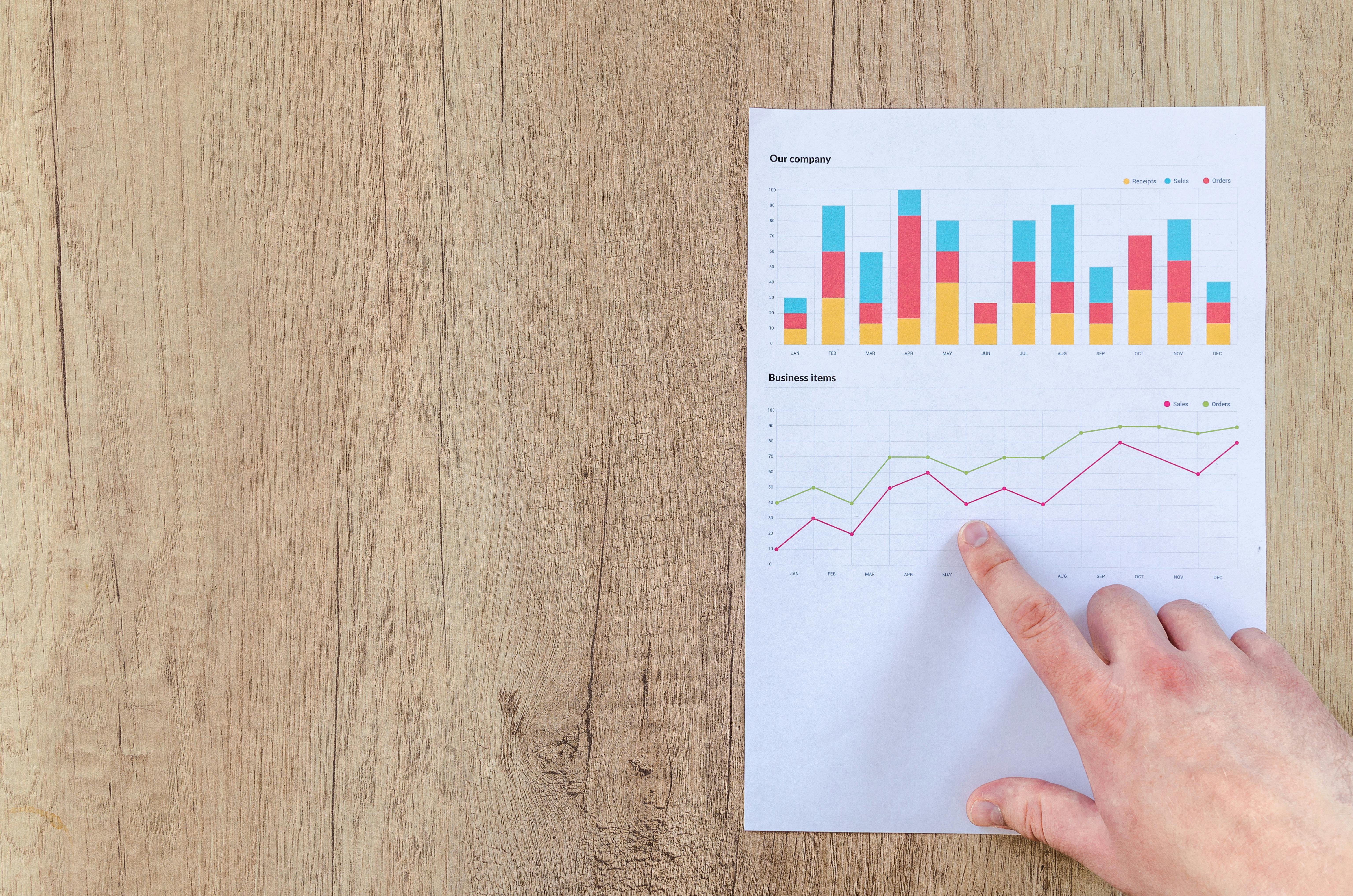So last month, I watched my friend quit her corporate job to become a full-time content creator.
Bold move, right?
She'd been posting consistently for eight months, hit 50K followers, and thought she was ready. Fast forward three months - she's back at her desk job, absolutely exhausted, and honestly? A bit heartbroken.
Here's what nobody tells you about the creator economy.
It's not what you see on your feed.
The Money Math Doesn't Add Up (At First)
Everyone sees the brand deals and assumes creators are rolling in cash. But here's the reality check I needed: most creators don't make decent money until they hit six figures in followers.
And even then?
The income is wildly inconsistent. One month you might make $8K from a brand partnership. The next? Crickets. I've learned that understanding solid negotiation strategies is absolutely crucial before you even think about going full-time.
My friend Sarah (different friend, also a creator) showed me her spreadsheet once. She has 120K followers and averages about $3,500 a month. That's it. In a major city, that barely covers rent and groceries.
The math gets even messier when you factor in:
- Taxes (hello, self-employment tax at 15.3%)
- Equipment costs
- Software subscriptions
- Health insurance (ugh, this one hurts)
Basically, you need to be making at least $6K monthly just to match a $50K salary after expenses.
The Algorithm Doesn't Care About Your Bills
This is the part that keeps me up at night.
You can do everything right - post consistently, engage with your audience, create quality content - and still have a video flop. The algorithm is basically a moody teenager that changes its mind every other week.
I've seen creators with millions of followers struggle to get views. Meanwhile, some random person posts their first video and it goes viral. There's no formula, no guaranteed path, and definitely no stability.
It's like building your entire career on quicksand.
Everyone Wants Free Work
Okay, real talk.
The number of brands that reach out asking for "collaboration opportunities" (aka free content) is actually insane. They want you to create professional-quality content, promote their product to your audience, and give them full usage rights.
For exposure.
I watched a beauty creator friend turn down 15 "opportunities" before landing one paid deal. And that paid deal? $200 for a video that took her six hours to create, edit, and post.
The math isn't mathing.
Learning how to spot these red flags early reminds me of navigating toxic workplace situations - you gotta know your worth and protect your energy.
Your Personal Life Becomes Content
Here's something nobody warns you about: once you start creating, the lines between your life and your content blur completely.
You're at dinner with friends? That could be a reel.
Going through a breakup? Your audience wants updates.
Having a bad mental health day? Better post something so the algorithm doesn't forget you exist.
It's exhausting.
One creator I follow recently posted about how she couldn't just enjoy her wedding - she was constantly thinking about angles, lighting, and which moments would perform well. That's... kinda sad, actually.
The Burnout Is Real (And Sneaky)
You know what's wild? You can be burnt out and not even realize it because you're technically "doing what you love."
I've noticed this pattern with several creator friends: they start posting less, their content feels forced, they stop engaging with comments. By the time they recognize burnout, they're already deep in it.
The pressure to constantly create, stay relevant, and maintain growth is relentless. There's no PTO, no sick days, no coworkers to cover for you. If you stop posting, your income stops too.
It's a hamster wheel that never stops spinning.
What Actually Works (From People Who Made It)
Okay, not everything is doom and gloom. Some people do make it work, but their path looks different than what you'd expect.
The creators who succeed long-term usually:
Diversify their income streams - They're not relying solely on brand deals. They've got digital products, courses, affiliate income, speaking gigs. Some even leverage their online presence to land strategic LinkedIn opportunities that lead to consulting work.
Keep their day job longer than expected - Most successful creators I know didn't quit until they were making 2-3x their salary consistently for at least six months. Smart move, honestly.
Treat it like a business from day one - They track metrics, negotiate contracts, set boundaries with brands. They understand the difference between side hustles that actually pay versus vanity projects.
Build community over followers - A thousand engaged followers who trust you will make you more money than 100K random people who scroll past your content.
The Real Cost Nobody Mentions
Here's the thing that hits different.
The creator economy promises freedom - work from anywhere, be your own boss, make money doing what you love. But the reality? You're trading one type of constraint for another.
Instead of a boss, you have an algorithm.
Instead of office hours, you're working 24/7.
Instead of job security, you have constant uncertainty.
My friend who went back to her corporate job said something that stuck with me: "I thought I was escaping the rat race, but I just built my own cage."
Damn.
So Should You Even Try?
Look, I'm not trying to crush anyone's dreams here. The creator economy can work, but it requires a level of financial stability, mental resilience, and business savvy that most people don't have when they start.
If you're thinking about it, here's my honest advice:
Start while you still have your day job. Build your audience, test monetization strategies, and see if you actually enjoy it when it becomes work. Give yourself at least a year to figure out if this is sustainable.
Save aggressively - like, way more than you think you need. Having a year's worth of expenses saved isn't paranoid, it's smart. This might mean working toward financial freedom milestones before making the leap.
Learn the business side first. Understanding contracts, negotiation, taxes, and basic business operations isn't optional. It's the difference between making it and burning out in six months.
Have a backup plan. Seriously. Know what you'll do if this doesn't work out. Your mental health will thank you.
The Bottom Line
The creator economy isn't a get-rich-quick scheme or an easy escape from traditional work. It's a legitimate career path that requires business skills, emotional resilience, and honestly? A bit of luck.
For every success story you see, there are hundreds of creators who tried and couldn't make it work. That doesn't make them failures - it makes them realistic about what this actually takes.
If you're going into this with eyes wide open, understanding the challenges, and willing to treat it like the business it is? You've got a shot.
Just don't quit your day job yet.
Trust me on this one.















Comments: